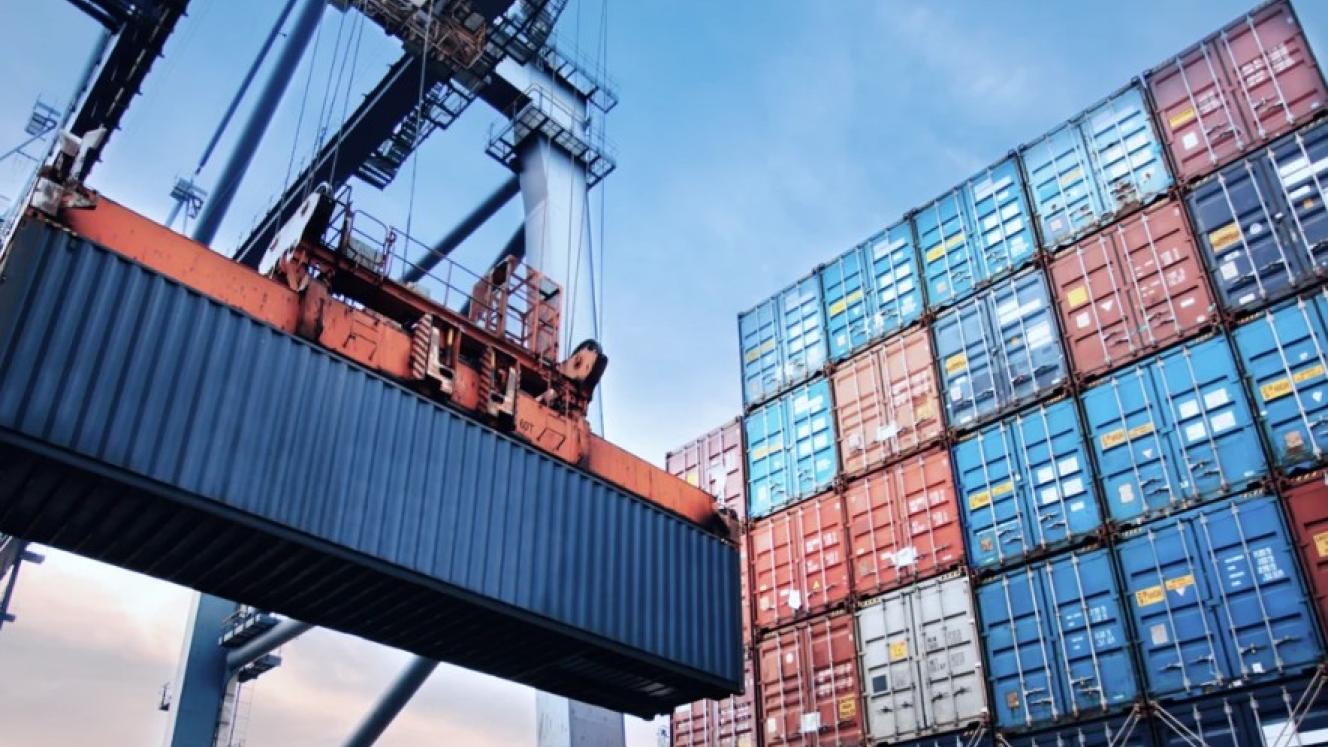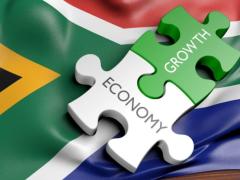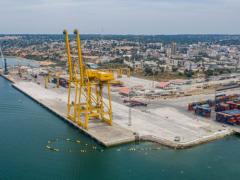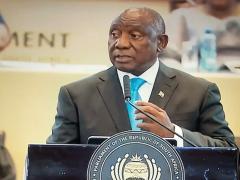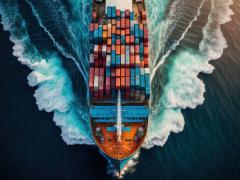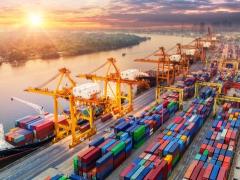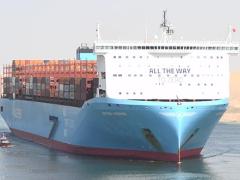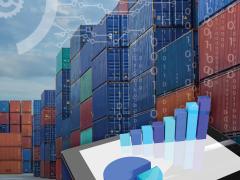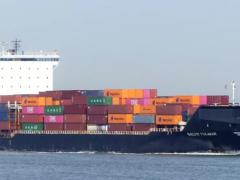Global shipping is set to endure another year of volatility and fragile growth as geopolitical tensions, trade policy shifts and supply-chain reconfigurations continue to disrupt established patterns, Unctad has warned.
In its Review of Maritime Transport 2025, the UN Conference on Trade and Development said seaborne trade was “navigating an environment marked by uncertainty and rerouted flows”, with vessels increasingly diverted away from traditional chokepoints such as the Suez Canal and Strait of Hormuz.
By May this year, cargo volumes through the Suez were estimated to be down by about 70% compared with 2023.
Containerised trade is forecast to expand modestly, with Unctad projecting growth of just 1.4% in 2025, outpacing the 0.5% growth expected for maritime trade overall. East–West routes remain the backbone of container flows, anchored by Asia’s pivotal role in global logistics.
Yet, the UN body noted that supply chains were becoming more diversified, with increasingly complex origin-destination networks emerging as shippers seek resilience against disruption.
Meanwhile, energy shipping was undergoing what Unctad described as a structural transformation. Oil cargoes are travelling longer distances due to security concerns in the Middle East, while coal volumes have risen unexpectedly and global gas shipments continue to expand. These shifts are reshaping tanker demand and voyage lengths.
The agency also highlighted the strategic vulnerability of the clean-energy transition. Trade in critical minerals essential for batteries, wind turbines and solar panels remains concentrated among a handful of exporters, leaving global supply chains exposed to geopolitical risk and logistical bottlenecks.
Unctad warned that higher freight rates and longer voyages were compounding pressures on the world economy, calling for investment in infrastructure and coordinated policy responses to safeguard maritime trade flows.
